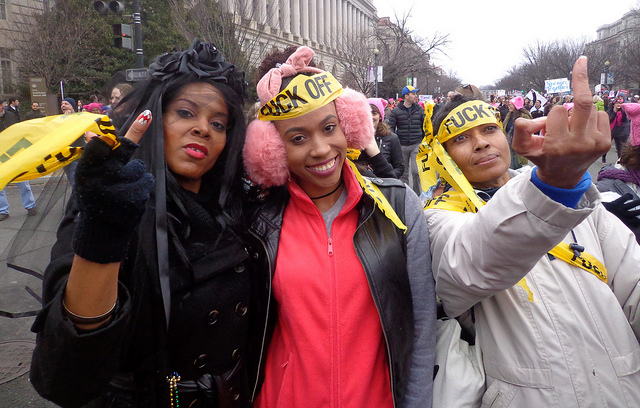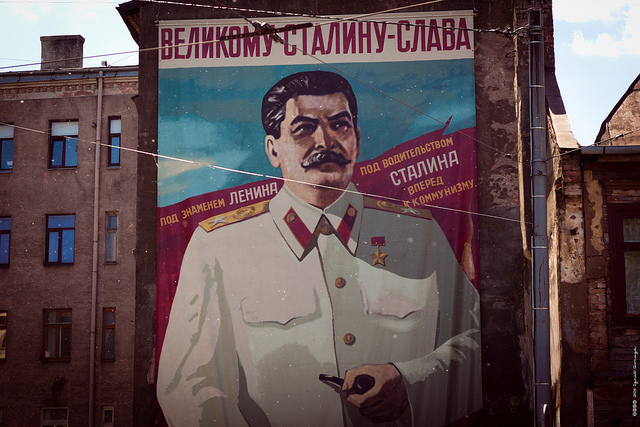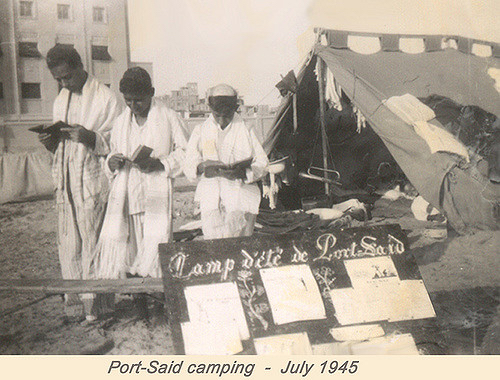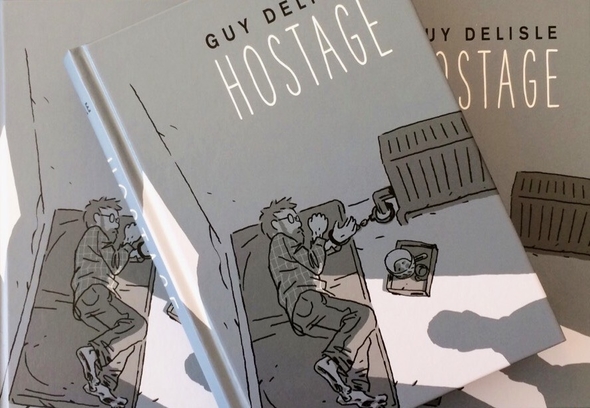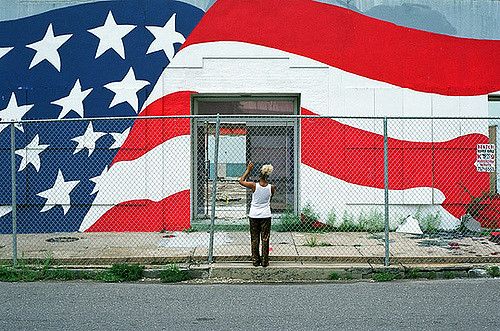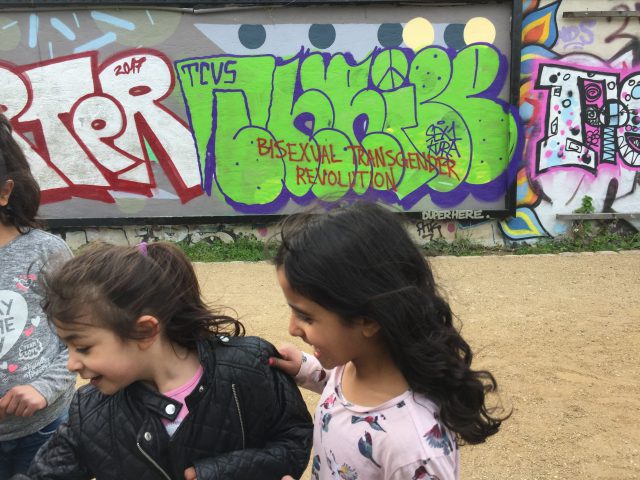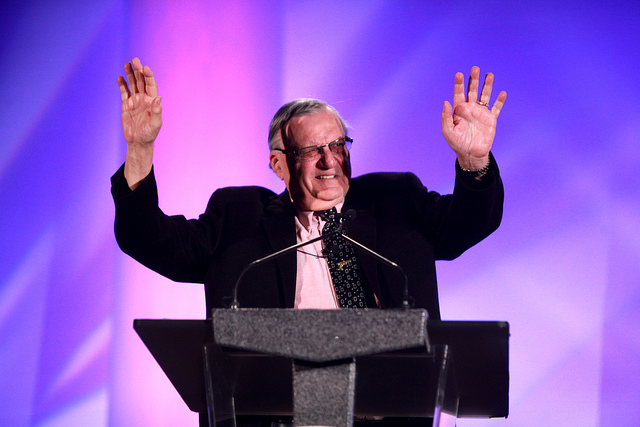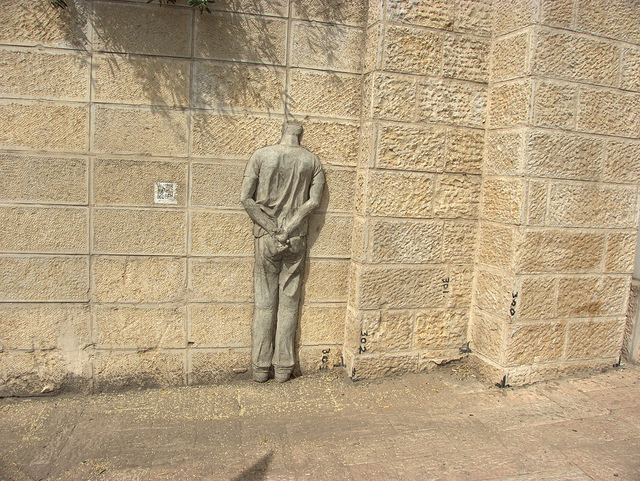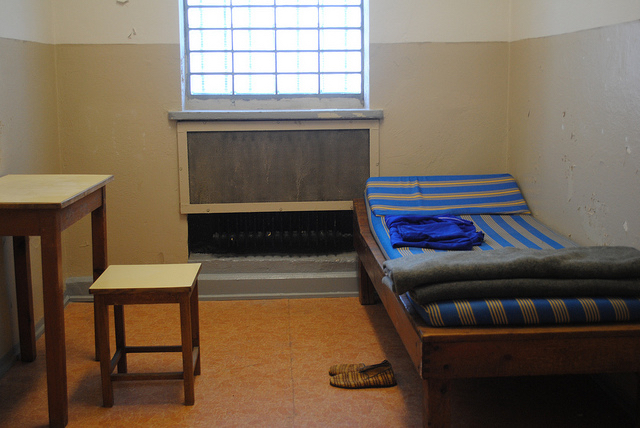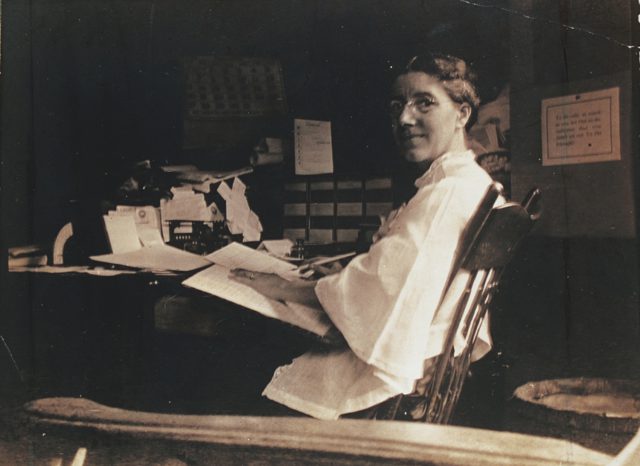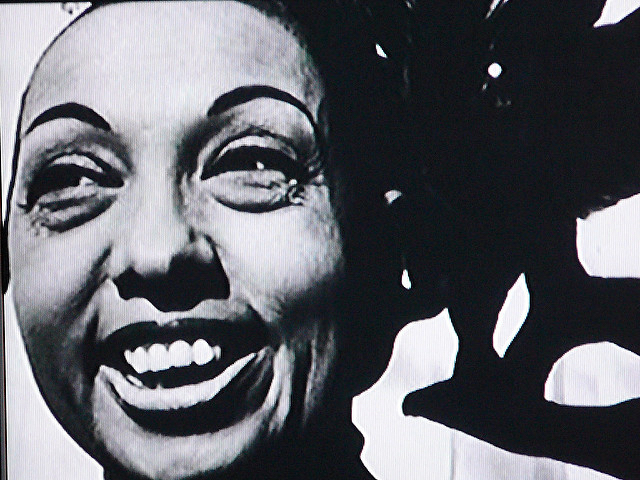To read #metoo testimonies from many women and some men on social media concerning the sexual harassment and assaults they have endured is to be horrified at the accounts. The sadness brings a quiet. It becomes inappropriate to speak. (More…)
Author: Joe LockardJoe Lockard is an associate professor of English at Arizona State University, where he directs the Anti-slavery Literature Project. He is the co-editor of Iraq War Cultures (Peter Lang, 2011) and the author of Watching Slavery: Witness Texts and Travel Reports (Peter Lang, 2008). Lockard teaches early American literature, early African American literature, comparative ethnic literatures, and social protest literature.
Joe Lockard is an associate professor of English at Arizona State University, where he directs the Anti-slavery Literature Project. He is the co-editor of Iraq War Cultures (Peter Lang, 2011) and the author of Watching Slavery: Witness Texts and Travel Reports (Peter Lang, 2008). Lockard teaches early American literature, early African American literature, comparative ethnic literatures, and social protest literature.
My boyhood neighbor, Loren Jones, was a man with an interesting story about Stalinist Russia. He arrived there in 1937 as the first television engineer in the country, sent by his employer, the Radio Corporation of America. (More…)
One of the questions to be asked of a translated novel is ‘why was this translated?’ The answers can range from the author’s perceived importance, to providing foreign readers with cultural insight, or to publishing economics. (More…)
We live in confining times. Prison narratives proliferate and disappear quickly. Yet only the occasional narrative, such as Mohamedou Ould Slahi’s Guantánamo Diary (2015), receives sustained attention and then due to its obvious political import. Prison writing is difficult because it forces a double confrontation, both with state and self. (More…)
It began as Colin Kaepernick’s protest against violent policing of African Americans, but now the protests have evolved. Taking a knee during ‘The Star-Spangled Banner’ is another version of protests against Confederate statues. This speaks to how we regard US history and its legacy of racism. The issue now is more than police violence: it concerns history. (More…)
Irony can be a difficult tone to manage well. It can be even more difficult to visualize effectively. Jillian Tamaki is a skilled ironist whose new graphic story collection Boundless (Drawn & Quarterly) can absorb and reward repeated readings. (More…)
Simply writing a personal or family memoir would be an easier task than producing an illustrated graphic memoir. It is not only that the work is more difficult technically, but so much more is at risk in the visualization of the narrative. Emotions about family members and their lives emerge in the pictures. Visual storytelling commits where words can remain ambiguous. (More…)
With the pardon of Joe Arpaio, the Trump Administration is again using racism as its political guiding light. The language of the pardon cites Arpaio for exemplary “selfless public service” and praises him for “his life’s work of protecting the public from the scourges of crime and illegal immigration.” (More…)
I loathe seeing people in handcuffs. It is a common enough experience, yet not one that I witnessed until mature adulthood. There is a deep offense to the sight of people in handcuffs or leg-chains, worse than imprisonment. (More…)
Prisons are holistic and extended social systems, a point that remains too little recognized in public discussions of prisons and imprisonment. That system includes prison staff and their families, people equally capable of social expression as prisoners and their own families. While prisoners often write of their experiences, prison wardens and guards are far more reticent. (More…)
The new publication of A History of American Working-Class Literature from Cambridge University Press provides a moment to ask some questions: Is it dead? And who reads it, especially when so few people in the contemporary United States want to understand themselves as working-class? (More…)
Josephine Baker was black America’s first international stage and film star. She was a woman who, tired and angry over Jim Crow racism in the United States, was early among African American artists and intellectuals in relocating to France. Baker’s career opposed and repudiated the narrow provincialism endemic to US racism. (More…)
